News
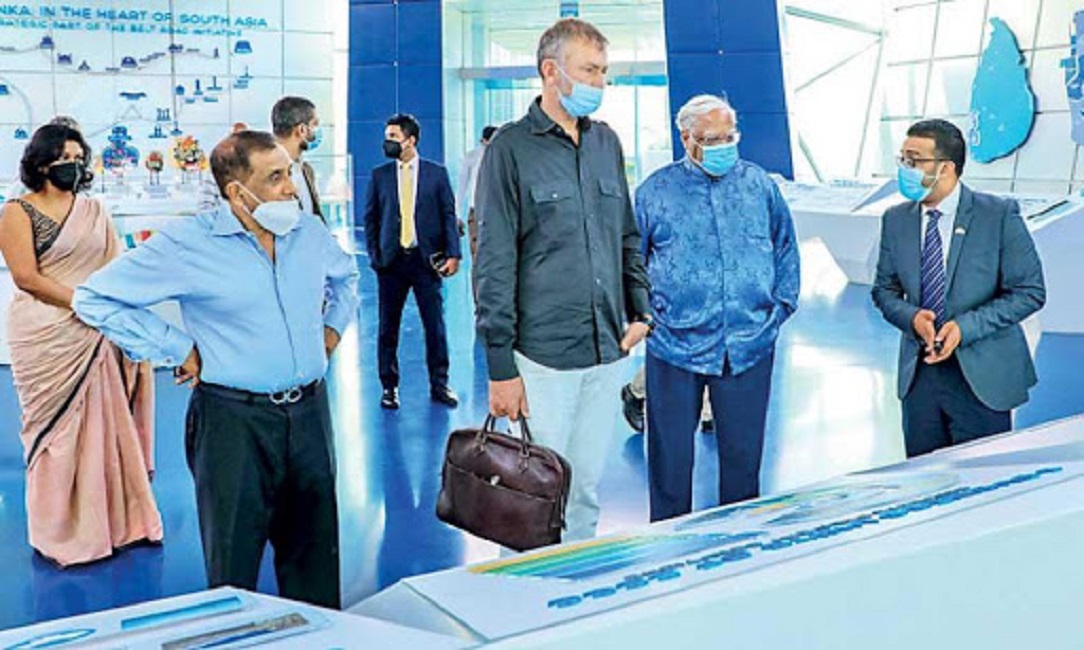
Russian billionaire to invest in Sri Lanka
Special Russian business delegation will be visiting Sri Lanka to explore investment opportunities and to establish contacts with local counterparts on the directions of visiting Russian billionaire Andrey Igorevich Melnichenko.
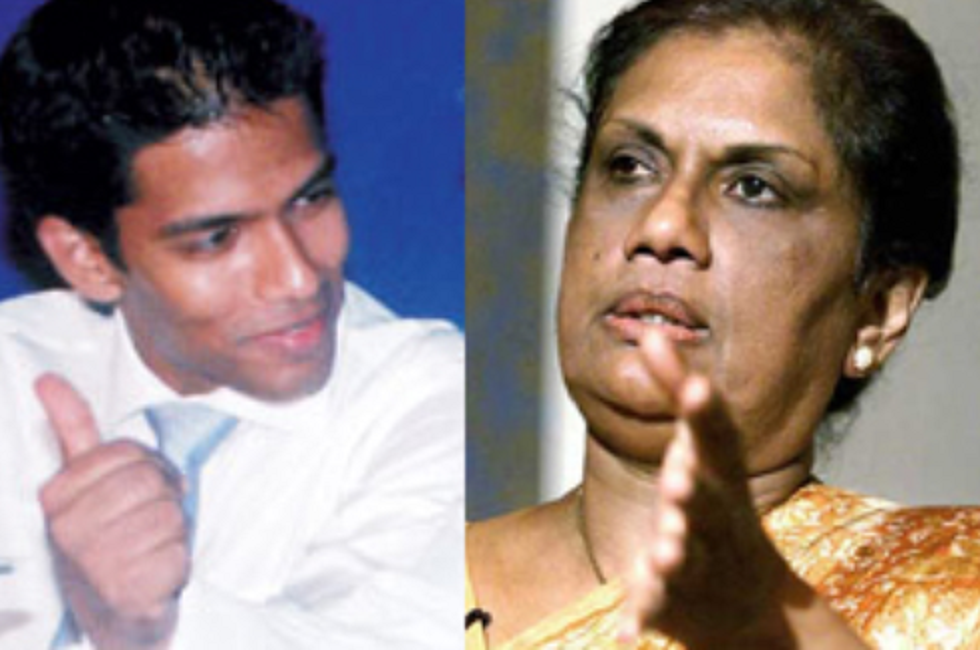
Vimukthi will join if Sri Lankan youth decides to change the current political culture - Chandrika (Video)
When questioned whether Vimukthi Kumaratunga would enter into politics in the future, former President Chandrika Bandaranaike Kumaratunga said that he would likely join if the youth of this country decides to change the existing political culture.
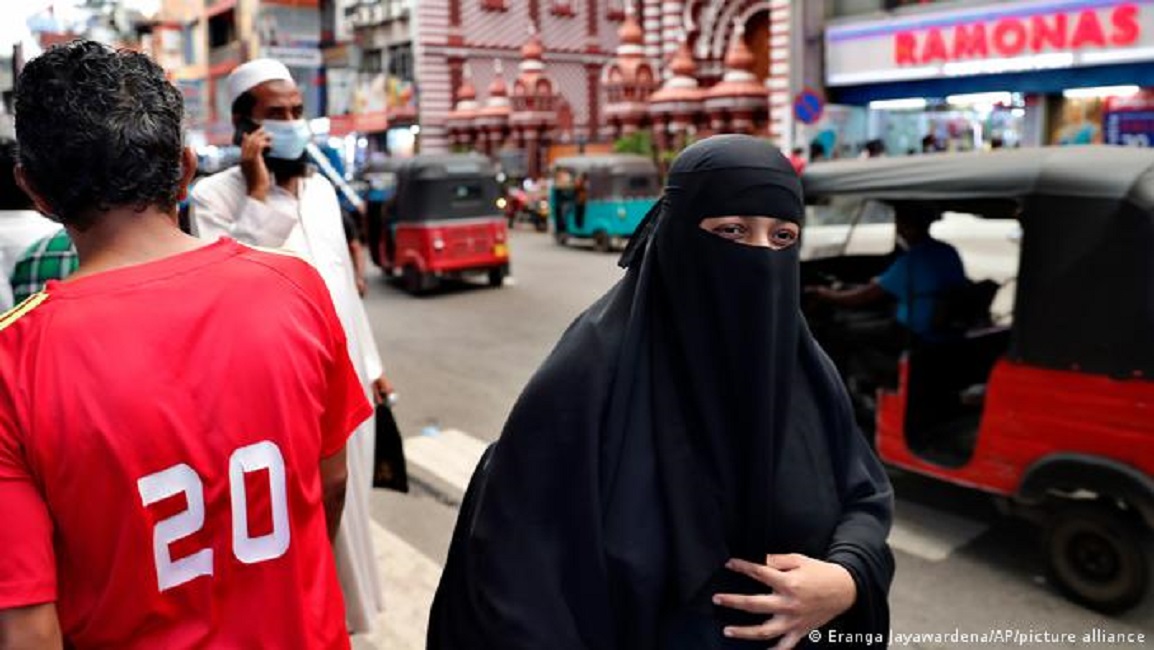
‘Religious Disharmony’ order threatens minorities - HRW
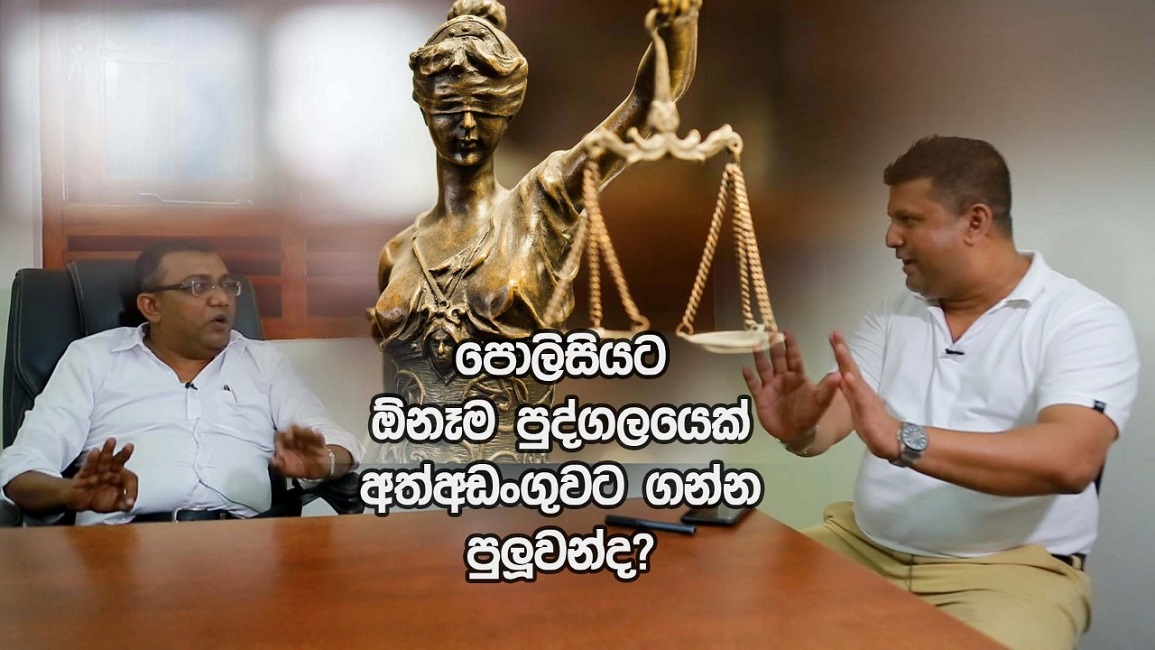
Police conduct regarding Bhagya's incident is unclear (Video)
Attorney-at-Law Upul Kumarapperuma says that the way Police acted is ambiguous with regard to obtaining a statement from Bhagya, the Sirasa Lakshapathi contestant who raised concerns on environmental destruction at the Sinharaja forest area recently.
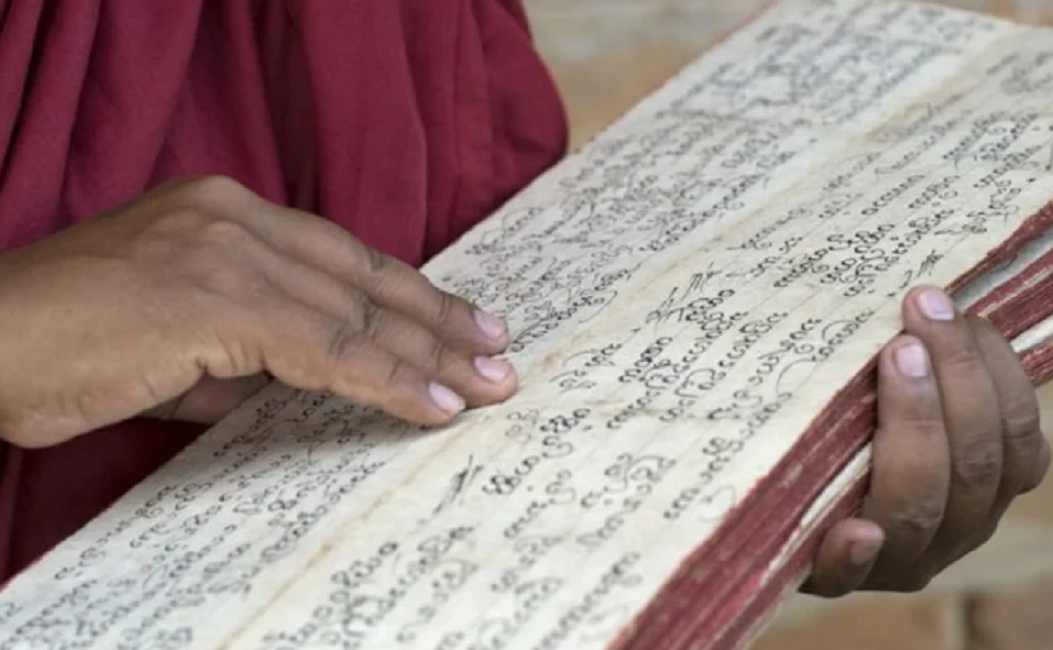
Cabinet approval for Tripitaka Conservation Act
Cabinet approval has been granted to a resolution by Prime Minister Mahinda Rajapaksa, in his capacity as the Minister of Buddha Sasana, for passing a Tripitaka Conservation Act in Parliament to preserve the Tripitaka for the sake of future generations.
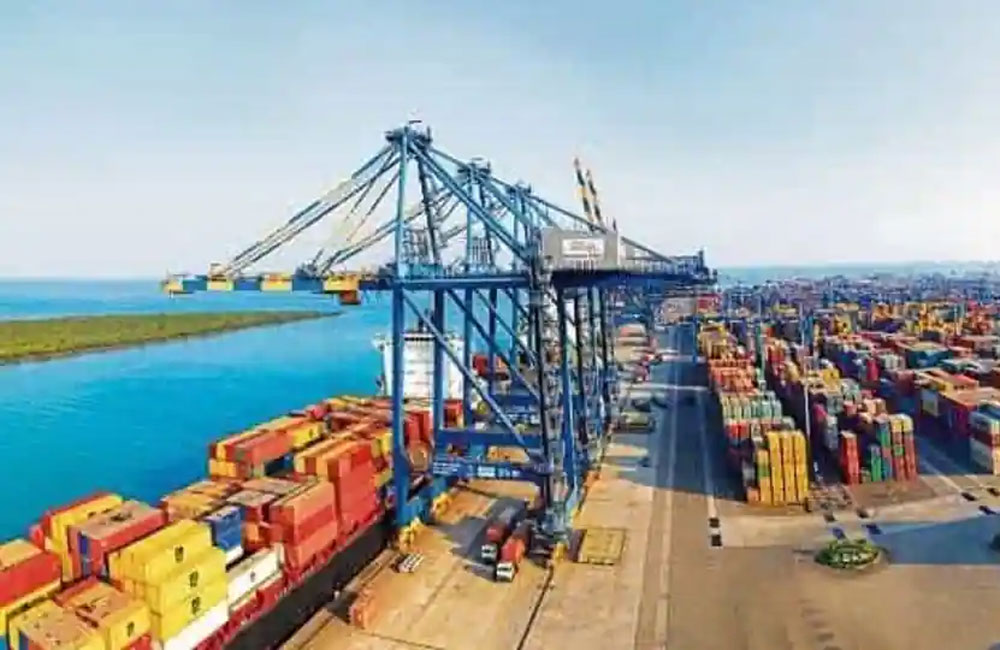
West Container Terminal to be developed by a consortium led by Adani
The chairman of the Adani Group, Gautum Adani has thanked the Sri Lankan government for the opportunity to develop the Western Container Terminal of the Colombo Port. He said that this partnership between India and Sri Lanka is a symbol of the deep strategic relations between the two countries.
"Grateful to the leaders of GoI, GoSL, SLPA & John Keells for the opportunity to build WCT, Colombo. This partnership is a symbol of the deep strategic relations between countries with great intertwined history. It will launch decades of container growth," Adani said on Twitter.
A consortium led by Adani Ports and Special Economic Zone Ltd (APSEZ) has received a letter of intent from the Sri Lankan government to build and run the West Container Terminal (WCT) at Colombo Port with an investment of some USD 1billion, the Hindu reported.
APSEZ will own a majority stake of 51 per cent in the terminal, while local partners John Keels Holding PLC will hold 34 per cent and the Sri Lanka Ports Authority (SLPA) will have the balance 15 per cent equity.
India has been looking for a terminal presence in Colombo port — a regional transhipment hub through which a large portion of India’s export-import cargo containers are transhipped — for strategic and security considerations.
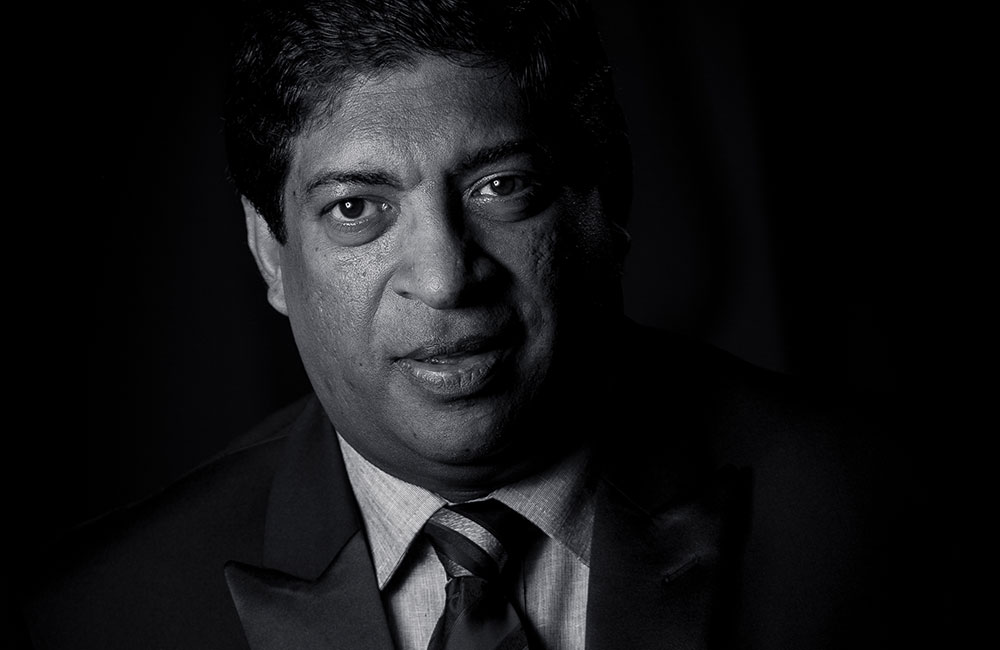
Ravi Karunanayake and eight others remanded
Former Minister Ravi Karunanayake and seven others have been ordered to be remanded until March 23 by a special Trial-at-Bar, in relation to the Central Bank bond scam. The Coordinating Officer to the Attorney General, State Counsel Nishara Jayaratne, said that the Attorney General had filed indictments before the Trials-at-Bar hearing the Bond Scam cases pertaining to the 2016 March 29 & 31st Bond Auctions on Wednesday (17).
On the 18th of February 2021, the Chief Justice appointed two Trial-at-Bars to hear the Bond Scam cases involving two bond auctions in March 2016, following a request by the Attorney General.
The request was made in order to try Ravi Karunanayake, Arjuna Mahendran, Arjun Aloysius and seven others.
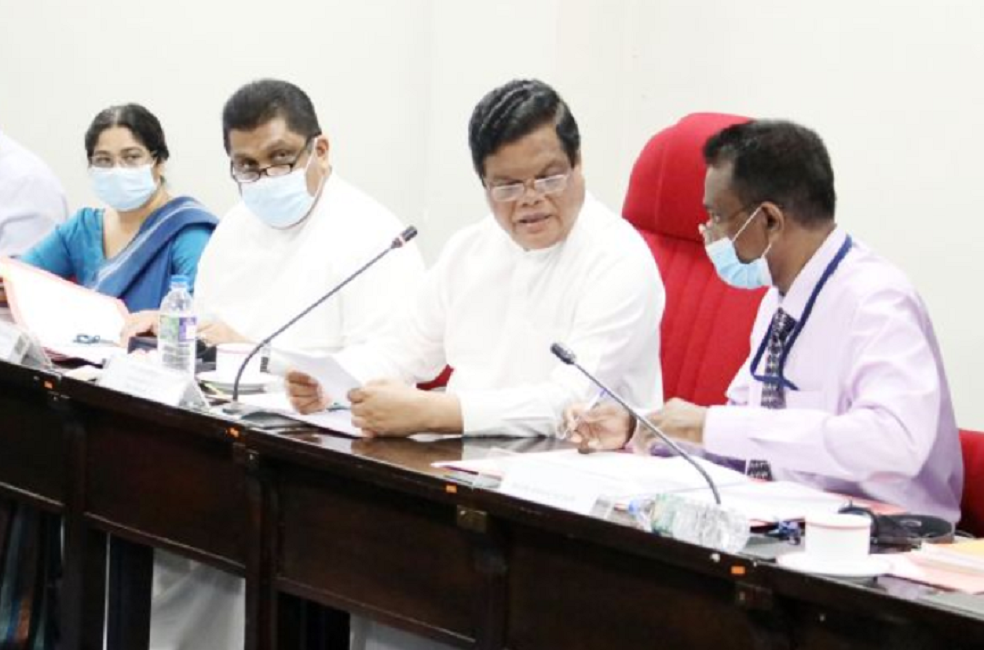
Government to seek public views on proposed National Trade Policy
Sri Lanka will be implementing a National Trade Policy for the people by maintaining price stability and eliminating monopolies and oligopolies.
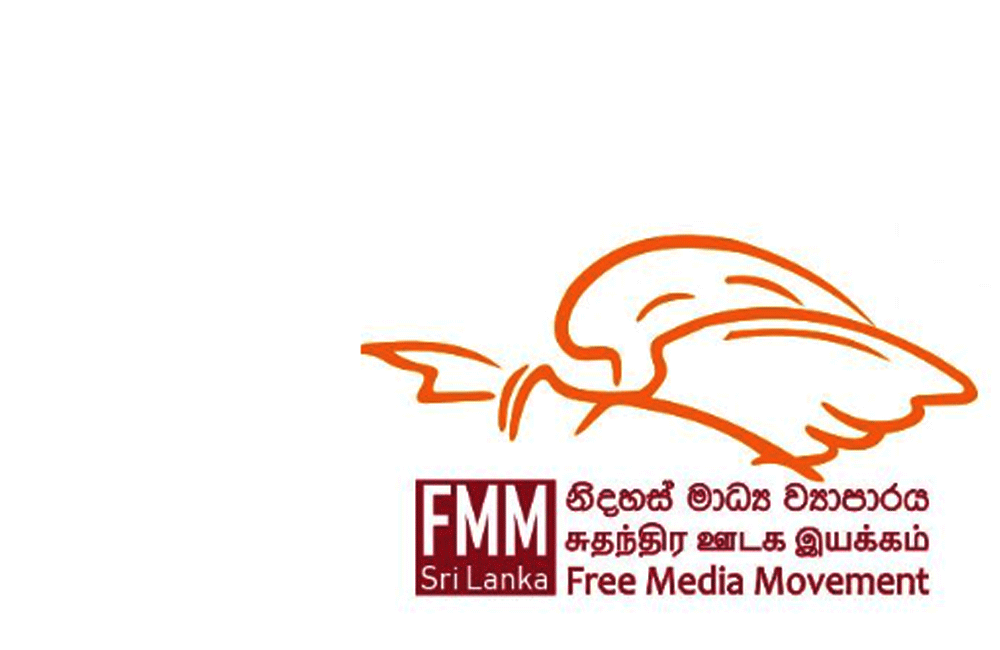
Free Media Movement opposes restructuring of the Press Council Act
The Free Media Movement in a letter to the Secretary of the Ministry of Mass Media and Information has vehemently objected to the structural reforms and reorganising of the Press Council Law, which is nearly 50 years old with legal provisions that are severely detrimental to media freedom, calling for it to be repealed.
The Media Ministry Secretary published an advertisement stating the expectation to structurally reform and reorganise the Sri Lanka Press Council established by the Sri Lanka Press Council Law No 05 of 1973 covering electronic, print and new media as a tribunal for journalists and media institutions.
The Free Media Movement, in a letter dated March 12, states that it has perennially objected to a unilateral media regulatory process by a government agency with detrimental legal provisions.
The movement agrees to "a regulatory" methodology encompassing all media that is developed through the engagement of the media community, protecting media diversity, independence, freedom and social responsibility. They have detailed the adverse legal provisions and the basis for opposing the Press Council in the following manner.
Adverse legal provisions that form the basis for opposing the Press Council
- The Press Council is not an independent institution
- According to Section 3 of the Press Council Law of Sri Lanka, out of the seven members of the Council, the President appoints six members. Since it is a process that takes place at the absolute discretion of the President, the Council has become an institution composed solely of the persons required by the President.
- The Council has also lost its independence with the President's power to remove its members.
- The independence of the Council is also lost with the Minister in charge of the subject determining the salary of the members of the Council.
- Members are eligible for re-appointment after a term of three years and such appointments are made at the sole discretion of the President, therefore it is not possible to avoid the members of the Council inevitably becoming persons who do what the President wants.
Minimal representation of the media sector in the Press Council
A representative of working journalists under Section 3 (b) (1) of the Press Council Law of Sri Lanka and a representative of the Press Trade Union in terms of Section 3 (b) (2) are the only representatives from the newspaper industry. Accordingly, out of the seven members, only two members represent the sector. It is by no means a fair representation. Also, according to Section 7 of the Law, it is stated that the Council can act notwithstanding a vacancy amongst the members of the Council, thereby permitting the Council to function even in the absence of the two representatives of the newspapers.
Certain offences under the Press Council Law restrict media freedom
According to Section 16 of the Law, it is an offense to publish information on Cabinet proceedings in newspapers unless the Secretary to the Cabinet of Ministers has approved it for publication in the Newspapers. This provision is very outdated and violates the freedom of the press as well as the people's right to information.
Absence of a provision for appeal - The decision is final
Section 9 (5) of the Law states that any order or censure of the Press Council shall be final and conclusive and shall not be questioned in any court of law. Accordingly, there is no authority or tribunal to appeal against such a decision of the Council. This is contrary to Article 4 (2) of the Convention on Civil and Political Rights No. 56 of 2007. In particular, when considering Article 12 (1) of the Law, which states that a violation of the order of the Council is construed as guilty of the offence of contempt against or disrespect of the authority of the Council is in no way in agreement with the rule of law.
Provisions for the offence of contempt against the Council
Article 12 of the Law states that the Supreme Court has the power to hear cases of contempt of court and that the Supreme Court must accept the certificate submitted with the signature of the Chairman of the Press Council at such a hearing without further proof. It also states that Council members should not be summoned for the case without their consent in such an offence of contempt. Accordingly, journalists find it difficult to challenge the certification submitted by the Council to the Supreme Court. It also exacerbates the situation by not having the opportunity to file a civil or criminal case against the Council.
The Commission did not seek the views of the media in prescribing the Code of Ethics for Newspapers
Section 10 (2) of the Law provides the power to prescribe a Code of Ethics as a function of the Commission. However, when it comes to establishing media ethics, the Council has the power to do so without any consultation with the media. It, therefore, appears to be a media regulation carried out from outside the media sector.
Introduce offences that could result in imprisonment through a summary trial
Section 15 of the Press Council Law of Sri Lanka defines a number of situations as criminal offences and carries a fine not exceeding five thousand rupees, or with imprisonment of either description for a term not exceeding two years or with both such fine and imprisonment. Introducing offences that result in the imprisonment of journalists by a regulatory Law is not appropriate. The most serious situation is that under Section 31 of the Law, a Magistrate Court should hear cases for offences through a summary trial. It is a great injustice to the journalists to be prosecuted based on a complaint lodged by a non-independent entity.
The Free Media Movement, which has stated in its letter that it will not comment on the practical issues about the Press Council, has urged the Secretary to the Ministry of Mass Media and Information to repeal the Press Council Law that contains the above detrimental legal provisions.
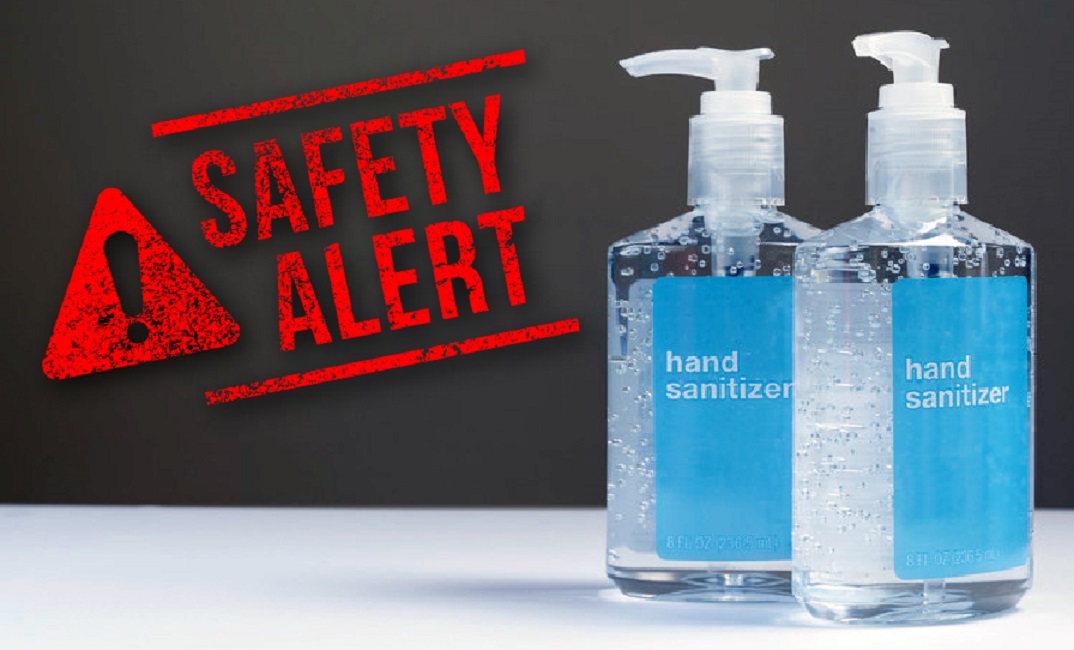
SPMC intimidates Health Ministry officials to procure substandard hand sanitizer
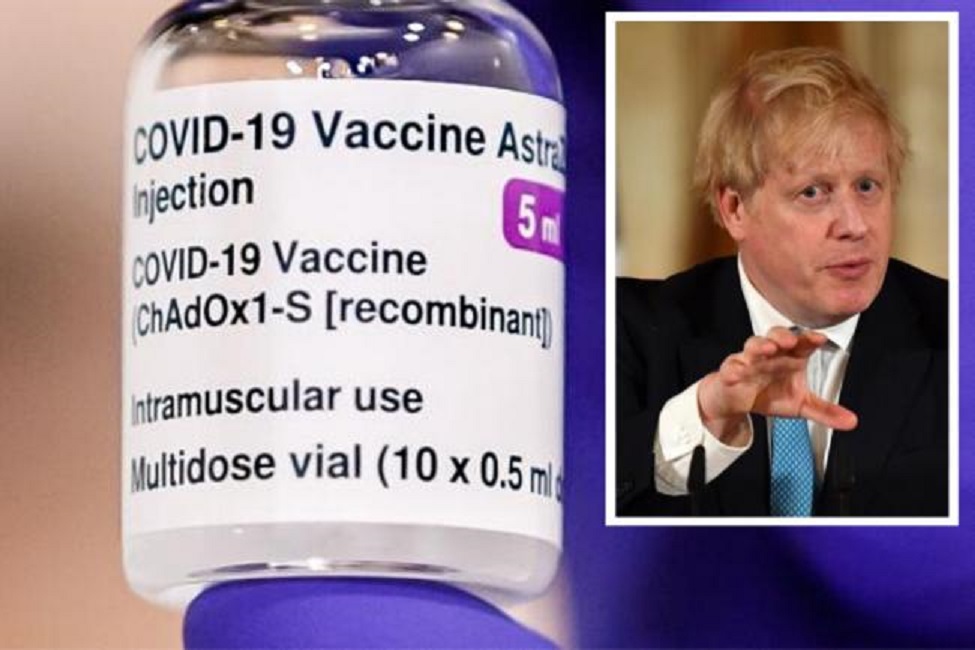
AstraZeneca: UK Premier defends covid vaccine shot over blood clot fears
British Prime Minister Boris Johnson on Tuesday defended the safety of the AstraZeneca coronavirus vaccine, after several European countries halted its rollout over blood clot fears.

Sri Lanka tells Amazon to remove bikinis, doormats featuring national flag
Sri Lanka has asked retail giant Amazon to take down bikinis, briefs and doormats featuring the nation's lion flag from its site, authorities said on Sunday, two days after it protested against the China-made products.
Page 236 of 533